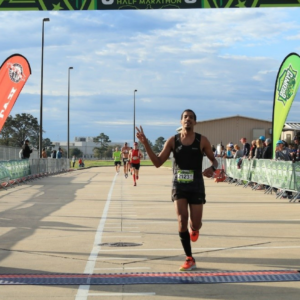 How do you choose your race pace? My old coach would say that your marathon time is not like something you would choose from the grocery store. For me, reaching a specific time goal has always been satisfying. I would set a goal for each of my marathon races, and in four out of six of those races I failed miserably. That’s likely because I spent the first part of my running career focusing on shorter distances. Shorter distances allowed me to get away with a little bit of natural talent (what I like to consider as speed) and a lot of innate ambition (what I consider to be drive). But, that formula doesn’t add up for the distance of a marathon. I went on to blow up at the end of each race, limping to the finish line. My self-inflicted under training and self-imposed over-reaching goals had much more of an effect on my racing than I could have imagined.
How do you choose your race pace? My old coach would say that your marathon time is not like something you would choose from the grocery store. For me, reaching a specific time goal has always been satisfying. I would set a goal for each of my marathon races, and in four out of six of those races I failed miserably. That’s likely because I spent the first part of my running career focusing on shorter distances. Shorter distances allowed me to get away with a little bit of natural talent (what I like to consider as speed) and a lot of innate ambition (what I consider to be drive). But, that formula doesn’t add up for the distance of a marathon. I went on to blow up at the end of each race, limping to the finish line. My self-inflicted under training and self-imposed over-reaching goals had much more of an effect on my racing than I could have imagined.
Learn from My Mistakes
The changing point for me was when a friend encouraged me to trust the science behind running. He suggested an app that used your recent race times and gave predictors for how you would do at other distances. I didn’t race often so I played around with old race times and future goals. The app also gave suggested workout paces and various distances. This was beneficial for me because I was guilty of running too many miles at a medium hard pace and not really taking it easy when I was supposed to. Learning how to slow down on easy days helped me to pick up the pace on hard days. Go figure, “slow down to speed up.”
Training
Having a plan or a coach that you trust really helps. If you’re second guessing and diverting from a plan, worse following now plan at all, this could lead to injury. I speak from experience. In 2015, I experienced my first injury year. I was using two different training plans, pushing too hard, not recovering properly and it all lead to a bruised knee and a slight tear in my mcl. A good coaching plan will have built in recovery time to prepare you for race day. And, your fitness will be built throughout the training cycle, so be patient and don’t expect to be race ready a few weeks into your training. Stick to the plan and trust the process. Consistency is the key.
Testing
I’ve completed two half marathons to test my fitness and set proper goals leading up to the Chevron Houston Marathon. The Houston Half Marathon was my first race of the season. I was glad I did it, setting a goal of 1:30 and coming in 90 seconds under. The conditions were perfect and I had good training leading up to the race. The second half marathon was in Cypress. Since I exceeded my goal already, I decided to keep my regularly scheduled training, which included 2 – 10 mile runs and 6 x 1000 intervals, during the week leading up to the race. I could feel the difference during the race, hurting a bit, but still made it in 1:29:56. Testing your training during the process will prove to be a great race day indicator of your abilities just like it was for me.
Finishing Your Race
The numbers say I’m in position to do what I want to for my time goal at the Houston Marathon. With just one month left until race day and plenty of time to continue to build my fitness – or mess it up, staying on track is key. I intend on not taking anything for granted and my plan to get me to the start line to achieve my goals is to stick to the principles I know work; trust the process, be balanced in life, consistency in running, train according to my ability and set realistic goals.
How is your training going? What tips would you give for setting race goals? Looking forward to race weekend with each of you. Happy training!


Leave A Comment
You must be logged in to post a comment.